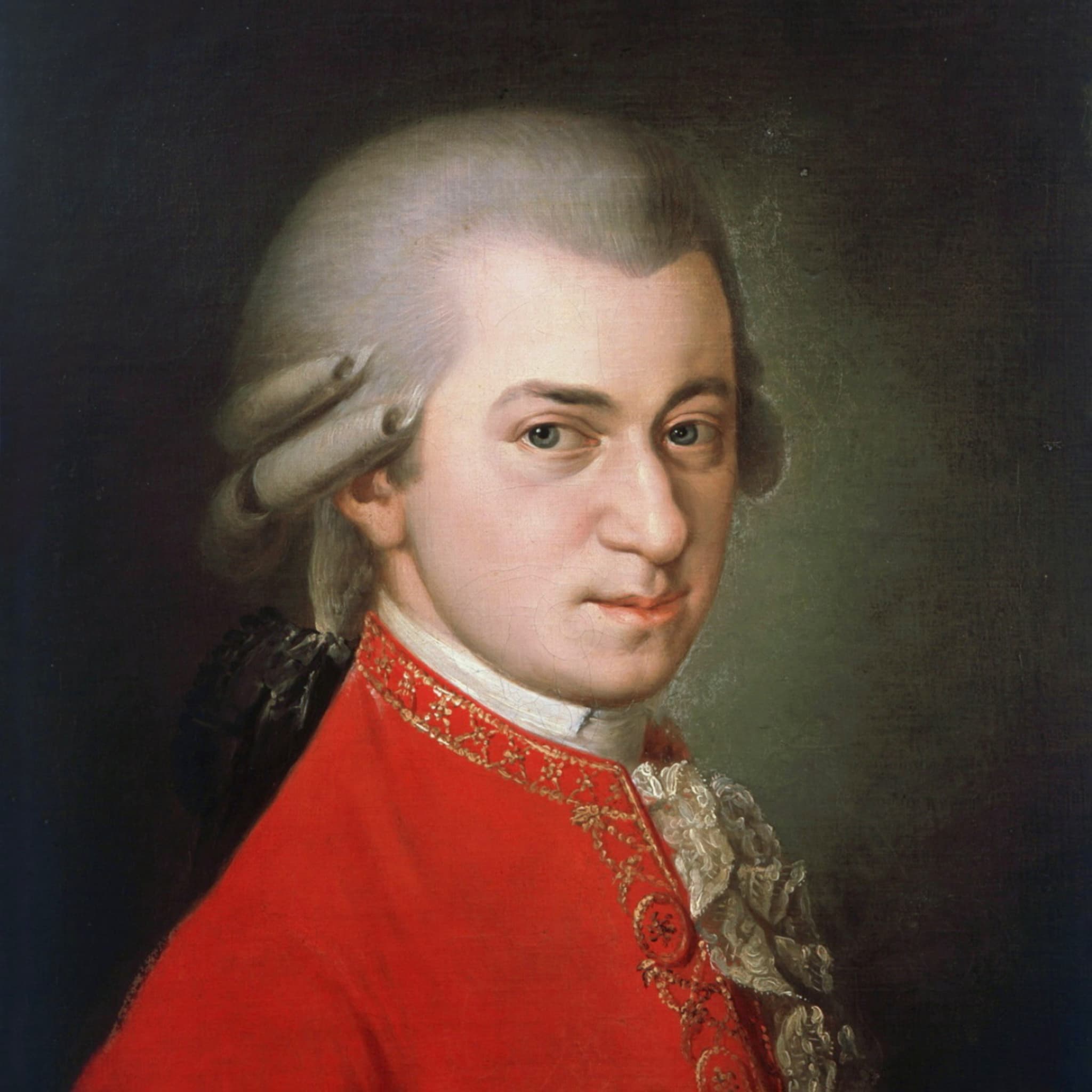Die beiden Serenaden entstanden zur gleichen Zeit wie "Die Entführung aus dem Serail". Die Serenade KV 375 wurde im Oktober 1781 fertiggestellt, während Mozart noch an der Oper arbeitete. Die Serenade KV 388, auch als "Nacht Musique" bezeichnet, komponierte Mozart eilig wenige Tage vor der Wiener Opernpremiere am 16. Juli 1782.
Harmoniemusik, wie Bläserensembles genannt wurden, erfreute sich im 18. Jahrhundert europaweit großer Beliebtheit. Der Begriff "Serenade" leitet sich vom italienischen Wort "sera" (Abend) ab und bezeichnete ursprünglich musikalische Darbietungen an lauen Sommerabenden im Freien. Blasinstrumente eigneten sich hervorragend für Aufführungen unter freiem Himmel, da ihre Klänge weit trugen. Neben dem militärischen Kontext fand man Bläsermusik häufig bei höfischen Veranstaltungen, wo sie Festessen und gesellschaftliche Zusammenkünfte begleitete, ohne dass eine konzentrierte Hörhaltung erforderlich war.
Die typische Besetzung einer Bläserserenade bestand aus einem Sextett mit zwei Melodieinstrumenten, zwei Hörnern und zwei Fagotten, wobei es je nach Verfügbarkeit der Instrumente Abweichungen gab. Hörner waren die einzigen Blechblasinstrumente, die in Holzbläserensembles Verwendung fanden. Perkussionsinstrumente kamen in Bläserensembles selten zum Einsatz, manchmal wurde jedoch ein Bass für einen volleren Klang hinzugefügt.
Die Serenaden der 1760er Jahre zeichneten sich durch ihre heitere Atmosphäre aus, wie etwa Haydns "Feldpartien" mit ihren unbeschwerten Kompositionen. Einige Tonschöpfer, darunter auch Mozart, arrangierten vollständige Opern für Bläserensembles und schufen zudem anspruchsvolle Divertimenti für diese Besetzung.
Mozart war 1781 der erste, der eine umfangreiche Serenade für Bläser komponierte. Seine Serenade KV 361 "Gran Partita" für zwölf Bläser und Kontrabass zählt zu seinen beeindruckendsten Werken und inspirierte später Komponisten wie Paul Anton Wineberger und František Kramář.
Die Es-Dur-Serenade KV 375 wurde später überarbeitet und für ein Oktett aus Bläsern umgestaltet. Mozart verfeinerte das Werk nach seinem Zerwürfnis mit dem Salzburger Erzbischof.
Die c-Moll-Serenade KV 388 war in ihrer Oktettfassung außergewöhnlich und wies Charakteristika einer Sturm-und-Drang-Symphonie auf. Besonders das lyrische Andante in Es-Dur sticht hervor. In den späteren Sätzen ist Haydns Einfluss erkennbar, insbesondere im dritten Satz als Kanon und im variationsreichen Finale.
Transkriptionen von Opernouvertüren entwickelten sich von schlichten Fanfaren zu komplexen musikalischen Gebilden und waren beliebte Konzertstücke. Mehrere Komponisten spezialisierten sich auf die Bearbeitung solcher Ouvertüren für Bläserensemble, darunter Jan Vent, Karl Heidenreich und Josef Triebensee.
Diese für Bläserensemble adaptierten Opernouvertüren fanden sowohl bei Musikern als auch beim Publikum großen Anklang. Jede Transkription stellte auf ihre Weise ein Meisterwerk dar und trug zur Bereicherung des Bläserrepertoires bei.


